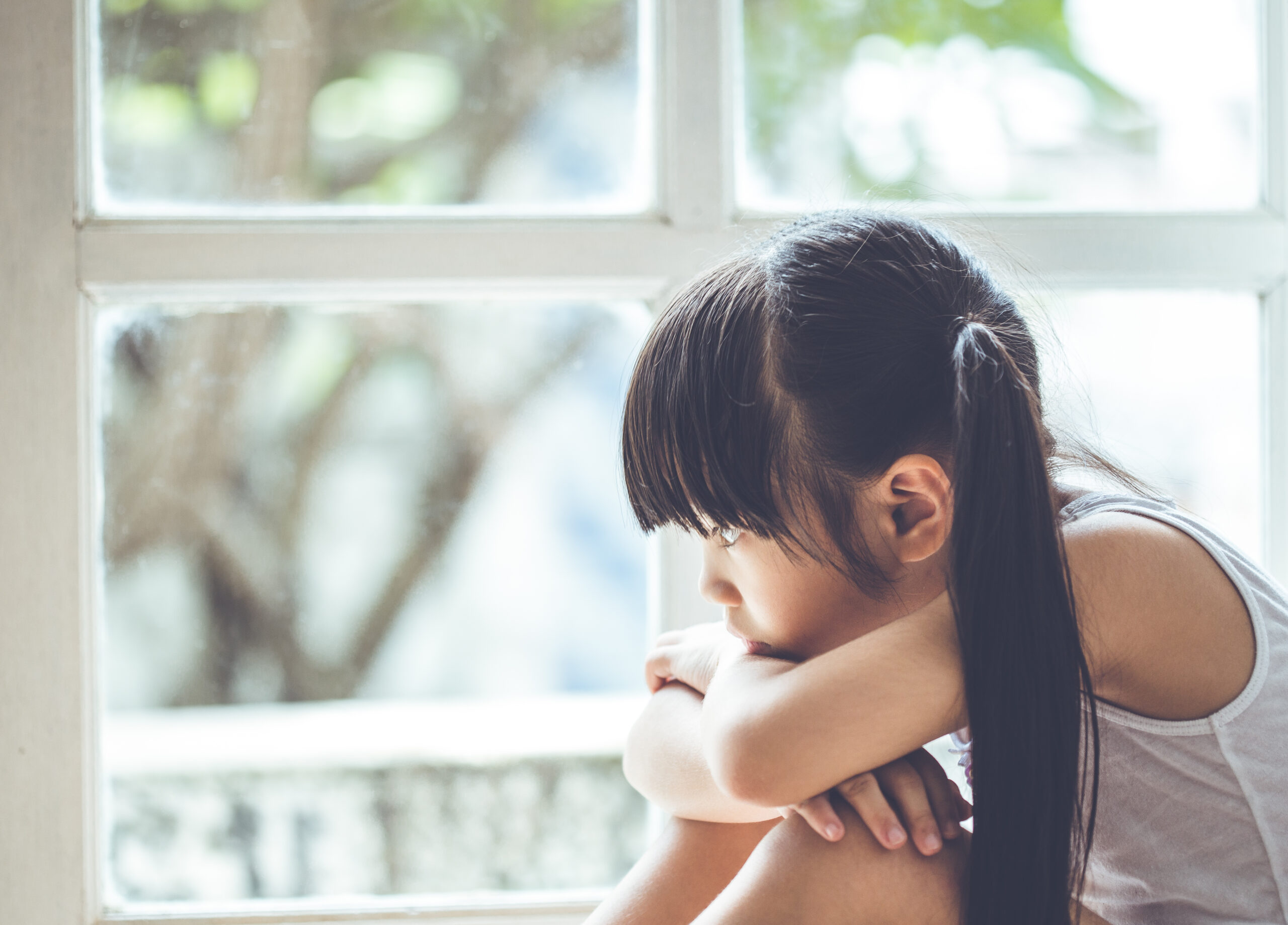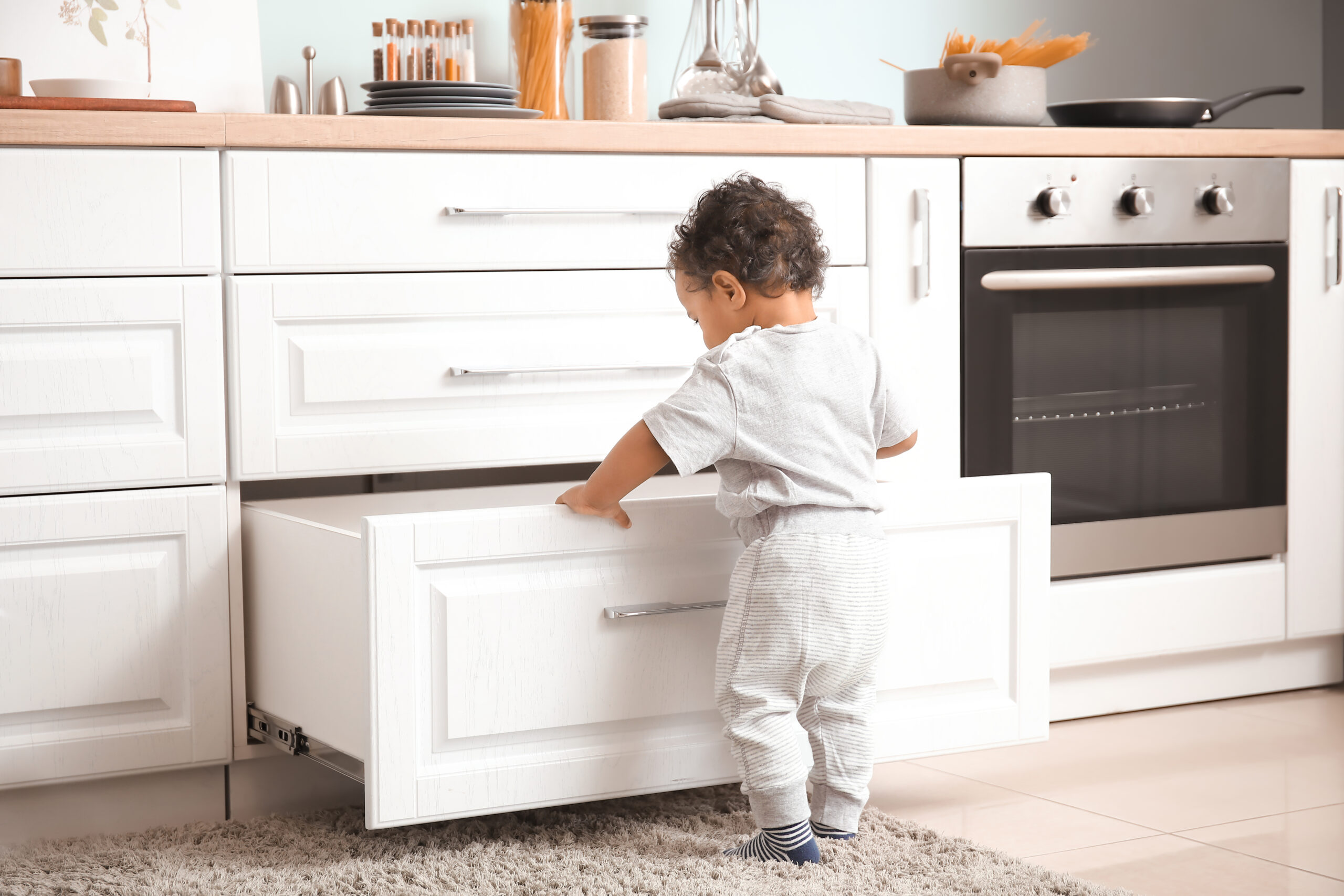Divorce can be an incredibly difficult time for children, filled with uncertainty and emotional upheaval. Although you may be going through a rough time as well, you need to find ways to support your children as they adjust to this new normal.
Reassurance and Open Communication During Divorce
Validate your children’s feelings. Validating your children’s feelings is a crucial part of helping them cope with any situation, especially during a difficult transition like divorce. Let them know feeling sad, angry, confused or scared is okay. Avoid minimizing their emotions or pressuring them to feel a certain way.
Reassure them of your love. Emphasize that the divorce isn’t their fault and that your love for them is unwavering. Say “I love you” often throughout the day. Use positive affirmations that reassure them of your unwavering support.
Physical touch is important when reassuring children as well. They need hugs, cuddles, playful touches and non-threatening touches. Physical affection is a powerful way to show love. Give your child age-appropriate high-fives, back rubs, silly wrestling matches or tickle fights (if they enjoy them!). For older children who may not be as physically affectionate, a hand on their shoulder or gentle touch on the arm can still communicate that you care.
Maintain open communication with your children. Encourage them to talk about their feelings openly and answer their questions honestly and age-appropriately. You should also appropriately share with them. Do not dish drama, but let your children know you are also experiencing emotions.
Maintaining Stability for Your Children
It’s important to have solid routines and reliable schedules. This provides a sense of normalcy during a time of upheaval. There may be a lot of changes happening with transportation, time and availability. However, you should do your best to maintain their lifestyle and habits.
Attempt to co-parent successfully. If possible, work with your ex-spouse to create a consistent co-parenting plan. This plan should include pick-up/drop-off schedules, communication channels and expectations for behavior in both households. Minimize the conflict to which your children are exposed. Avoid arguing with your ex in front of your children. Children can pick up on tension easily, and witnessing conflict can exacerbate their anxieties.
Remember that actions speak louder than words during times of difficulty and confusion. Follow through and keep promises to show them that you’re reliable. This builds trust and maintains stability. Show up for their games, performances and school events whenever possible. This lets them know that you’re interested in their lives. Consistency is key.
Helping Your Children Cope with the Divorce
Find healthy outlets for your children. Encourage healthy ways for your children to express their emotions. This could include creative activities like drawing or writing, physical activity or spending time with trusted adults.
Consider getting professional help for your children. If your child is struggling significantly to cope, consider seeking professional help from a therapist who specializes in working with children of divorce. You should also consider family therapy that may or may not include your ex. This can facilitate a healthy co-parenting situation.
You Can Help Your Children Cope with Your Divorce
Your children will likely be devastated when they learn of your divorce. However, it doesn’t have to ruin the lives of everyone in your family. A divorce can be a fresh start when you help your children transition carefully. Focus on reassurance, open communication and maintaining stability. Helping your children cope with divorce will ultimately help you move through it as well.








Leave A Comment